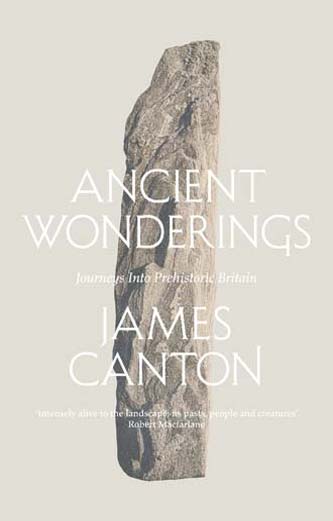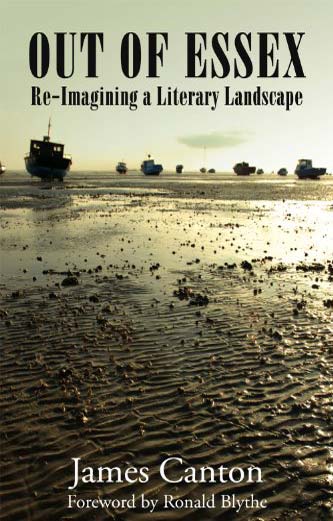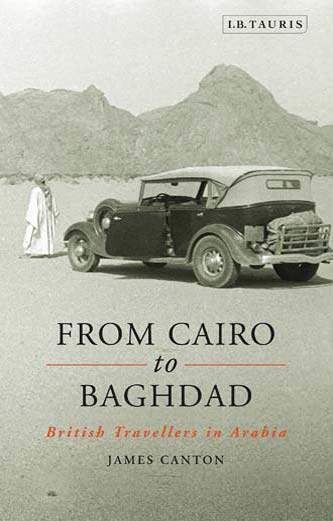Ancient Wonderings
‘Intensely alive to the landscape; its pasts, people and creatures’ Robert Macfarlane
Take a journey into our ancient past. Explore a long-lost landscape and gradually discover the minds, beliefs and cultural practices of those souls who lived on these lands thousands of years before you.
Travelling the length and breadth of Britain, James Canton pursues his obsession with the physical traces of the ancient world: stone circles, flint arrowheads, sacred stones, gold, and a lost Roman road. He ponders the features of the natural world that occupied ancient minds: the night sky, shooting stars, the rising and setting sun. Wandering to the furthest reaches of the islands, he finds an undeciphered standing stone north of Aberdeen and follows the first footsteps on the edge of a long-lost Ice Age land in the North Sea.
As Canton walks the modern terrain, slowly understanding the ancient signs that lie within and beneath it, he weaves a gentle tale of discovery, showing how, beyond the superficial differences of life-style and culture, the ancient inhabitants of the British Isles were much closer to the present-day one than we might imagine.

Out of Essex
Beyond the brash modern stereotypes of Essex there exists a landscape that has inspired some of England’s finest writing. This book tracks the paths of those literary figures who have ventured into the wilder parts of Essex. Some are illustrious names: Shakespeare, Defoe, John Clare, Joseph Conrad, H. G. Wells, Arthur Ransome. Others may be lesser known but here are well remembered: Samuel Purchas, Sabine Baring-Gould, Margery Allingham, J. A. Baker. In ten chapters James Canton crosses five centuries into the furthest reaches of the county in search of writers and what can be seen of their work today. J. A. Baker follows the peregrines along the Chelmer valley to the Blackwater estuary at Maldon. John Clare wanders the hidden pathways of Epping Forest scribbling poetry while Arthur Ransome sails around the islands of the Hamford Waters. William Shakespeare appears in the woody glades beside Castle Hedingham, Joseph Conrad stares across the Essex marshes at Tilbury to the Thames, while Sabine Baring-Gould’s Gothic heroine Mehalah lives upon a lone muddy stretch beside Mersea Island, where Margery Allingham sets her first tale of smuggling and murder; Daniel Defoe recounts the horror of the ague on the Dengie Peninsula; H. G. Wells writes a tale of the First World War from his home at Little Easton. Samuel Purchas tells such seafaring tales from his Southend vicarage as to inspire Samuel Taylor Coleridge to write Kubla Khan. Combining detailed literary detective work with personal responses to landscapes and their meanings, James Canton offers a fresh vision of Essex, its cultural history and its living legacy of wilderness and imagination.

From Cairo to Baghdad: British Travellers in Arabia
Until the 1880s, British travellers to Arabia were for the most part wealthy dilettantes who could fund their travels from private means. With the advent of an Imperial presence in the region, as the British seized power in Egypt, the very nature of travel to the Middle East changed. Suddenly, ordinary men and women found themselves visiting the region as British influence increased. Missionaries, soldiers and spies as well as tourists and explorers started to visit the area, creating an ever bigger supply of writers, and market for their books. In a similar fashion, as the Empire receded in the wake of World War II, so did the whole tradition of Middle East travel writing.
In this elegantly crafted book, James Canton examines over one hundred primary sources, from forgotten gems to the classics of T E Lawrence, Thesiger and Philby. He analyses the relationship between Empire and author, showing how the one influenced the other, leading to a vast array of texts that might never have been produced had it not been for the ambitions of Imperial Britain. This work makes for essential reading for all of those interested in the literature of Empire, travel writing and the Middle East.


